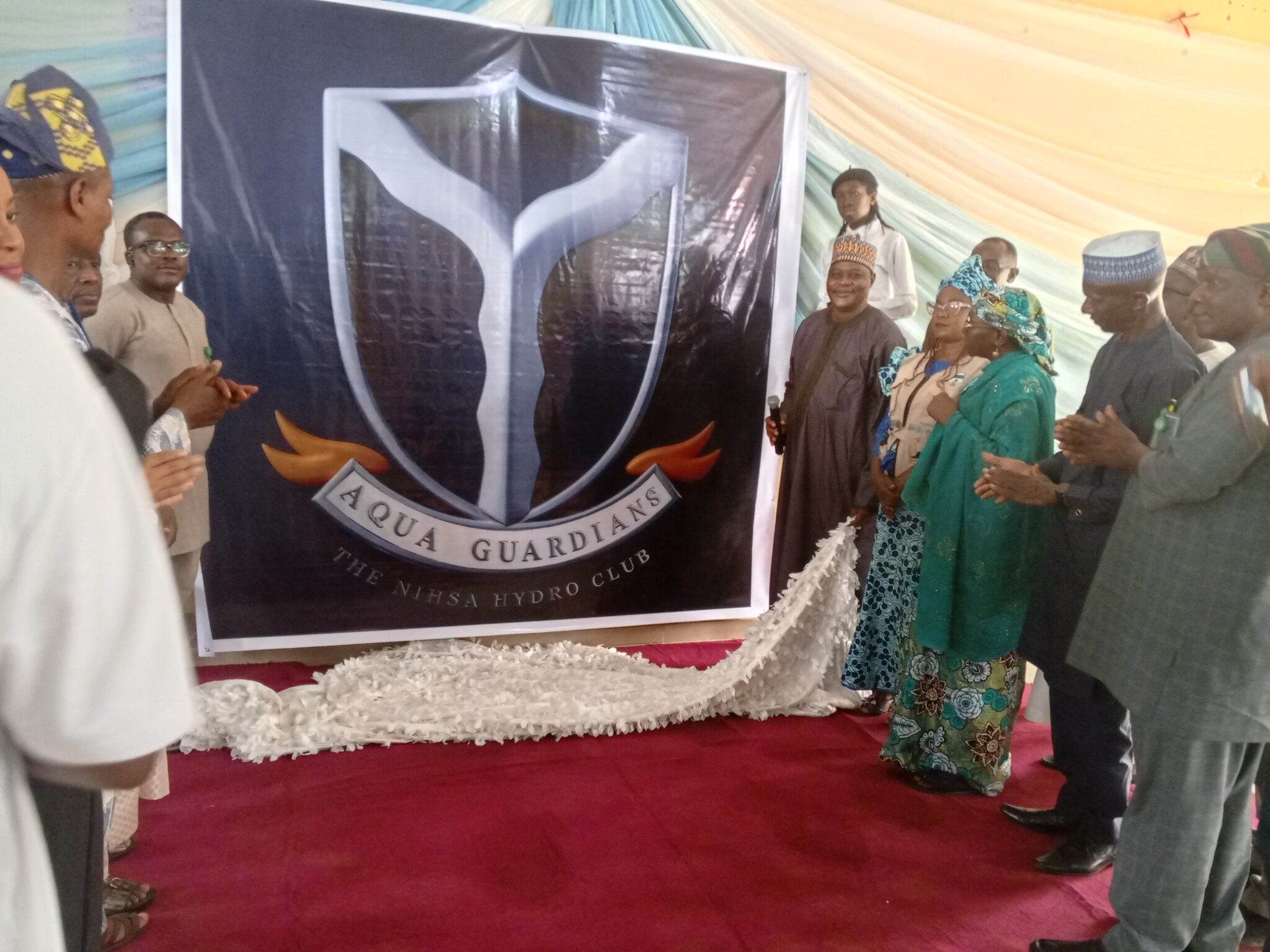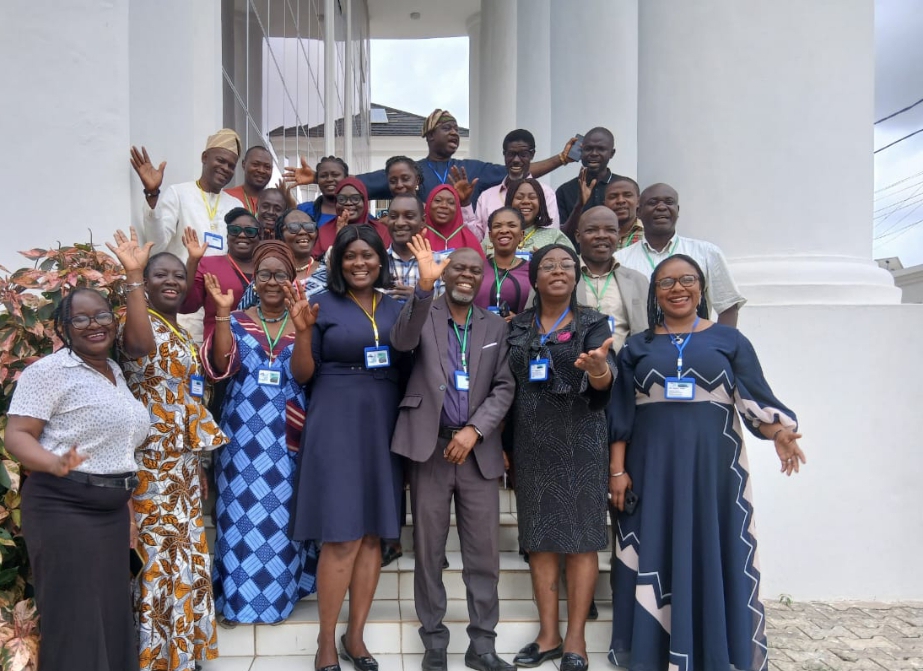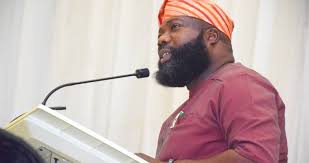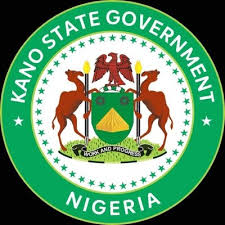Zulum, Shehu urge FG to fast-track Alau Dam project to avert looming disaster
By Hamza Suleiman
Gov. Babagana Zulum of Borno and the Shehu of Borno, Alh. Abubakar El-Kanemi, have appealed to the Federal Government to fast-track the rehabilitation and expansion of the Alau Dam.
The duo made the appeal when the Shehu paid the traditional Sallah homage to the governor at Government House, Maiduguri, saying such was necessary to avert another Borno flooding disaster.
Zulum, who expressed concern over the slow pace of work on the project, warned that at the dawn of this year’s rainy season, urgent action was needed.
According to the governor, fast-tracking the project would prevent a repeat of the 2024 flood disaster which devastated Maiduguri and surrounding local government areas.
“After the groundbreaking ceremony for the reconstruction and expansion of the dam, which we all attended, the truth is that the work is not progressing as expected.
“The last time I visited the President, I informed him about the true state of the project. I assure you I will not relent. I will continue to follow up, and I have also notified the Vice President.
“In the meantime, the Secretary to the State Government has constituted a committee to provide immediate intervention at the dam,” Zulum said.
The News Agency of Nigeria (NAN) reports that the Federal Government had earlier this year approved N80 billion for the reconstruction and expansion of the dam.
The intervention was aimed at mitigating a repeat of the dam’s collapse incident, which culminated in the severe flooding and damages that ensued.
A groundbreaking ceremony was held in March to mark the official commencement of the project.
Zulum also pledged to connect all local government headquarters in the state to the national electricity grid before the end of his administration.
He further assured the Shehu that once the Pulka Quarry plant was completed, massive road rehabilitation work would commence across the state.
“These are two critical issues dear to me. I assure Your Royal Highness that all local government headquarters will be connected to electricity before my tenure expires, Insha Allah.
“Regarding road infrastructure, insecurity has been a major challenge, but we remain committed.
“We have procured 40 brand-new Howo tipper trucks, and once the Pulka Quarry plant is completed, we will embark on extensive road rehabilitation across the state,” he said.
Zulum thanked the Shehu and the people of Borno for their continued support and cooperation with his administration.
In his remarks, the Shehu said the Sallah homage had been a long-standing tradition and commended the governor for the unprecedented development strides recorded across the state.
He also stressed the urgent need for the Federal Government to expedite action on the Alau Dam project, noting that the first phase should have been completed by now.
“We witnessed the catastrophic flooding in Maiduguri on 10th September 2024, and we do not want a repeat. The Federal Government must act immediately,” he said.
He said the recent flooding in Mokwa was a warning about the looming threat that the people faced if swift action was not taken to complete the Alau Dam project.
The traditional ruler also urged the governor to follow up the issues of oil exploration in Tuba, road rehabilitation, and electricity connectivity for local government areas with the Federal Government.
NAN reports that Zulum also received Sallah homage from various delegations, including the University of Maiduguri; Kashim Ibrahim University; and the University of Maiduguri Teaching Hospital.
Others are Kashim Ibrahim University Teaching Hospital, Federal Neuro-Psychiatric Hospital, and the Federal Orthopaedic Hospital, Azare. (NAN)(www.nannews.ng)
Edited by Mark Longyen




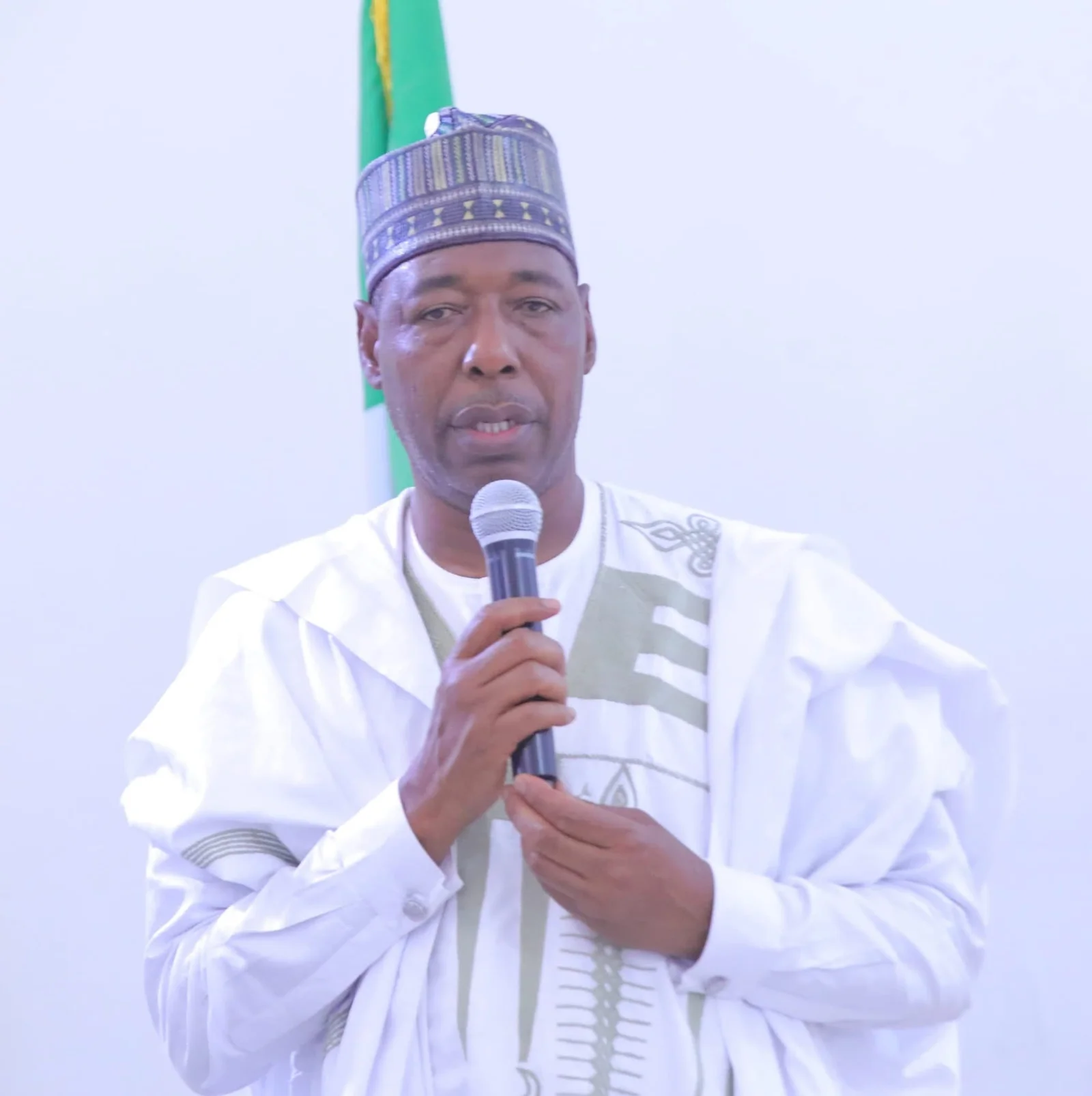
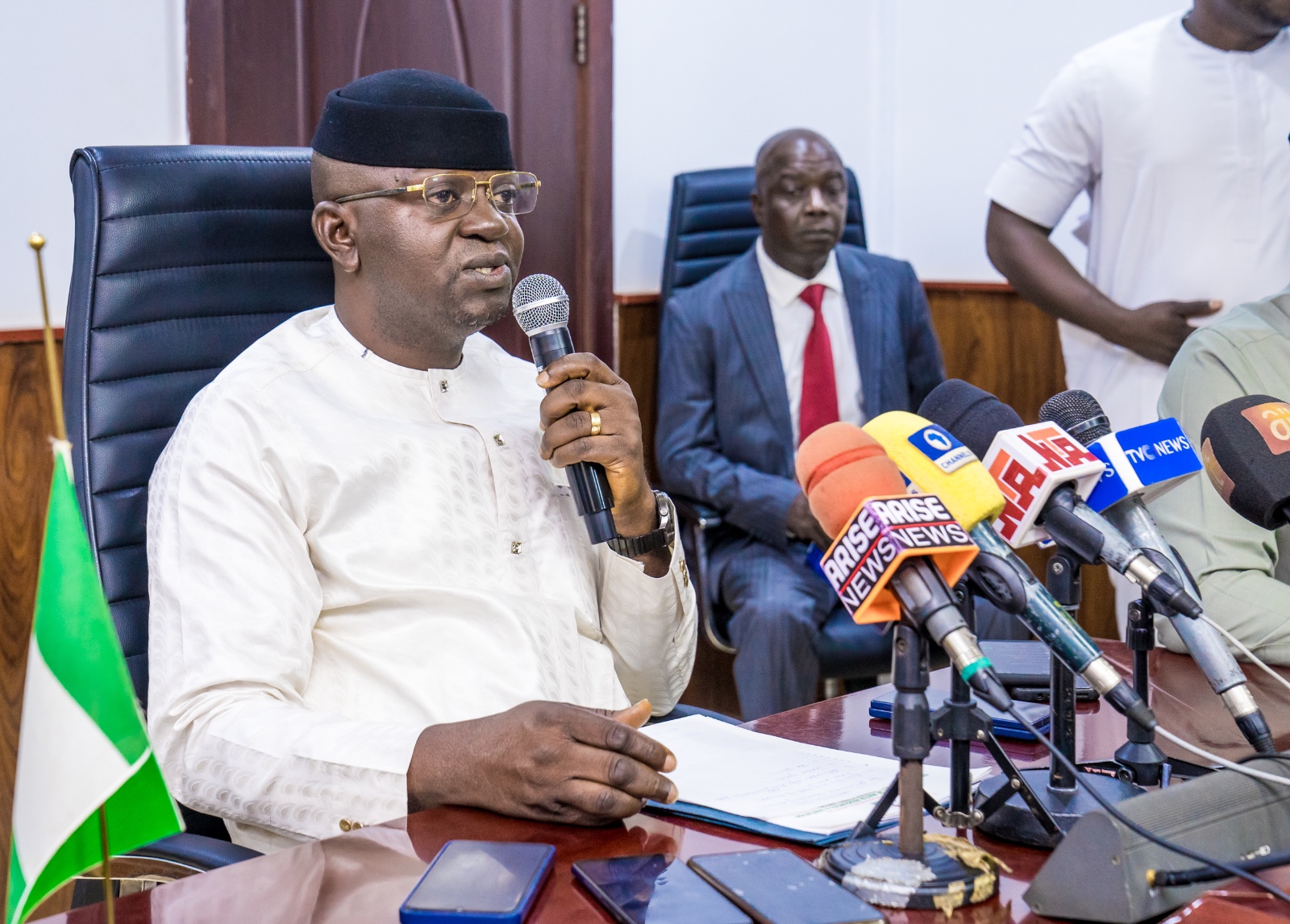
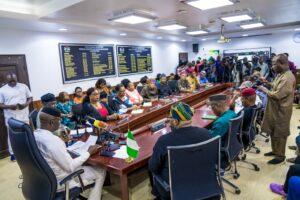

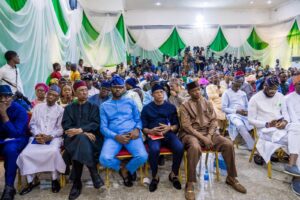 He added that two other major hydropower projects; Katsina-Ala (460MW) in Benue and Farin Ruwa (20MW) in Nasarawa were at various stages of PPP concession.
He added that two other major hydropower projects; Katsina-Ala (460MW) in Benue and Farin Ruwa (20MW) in Nasarawa were at various stages of PPP concession.